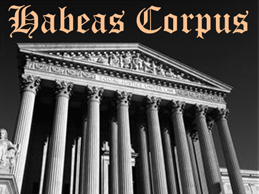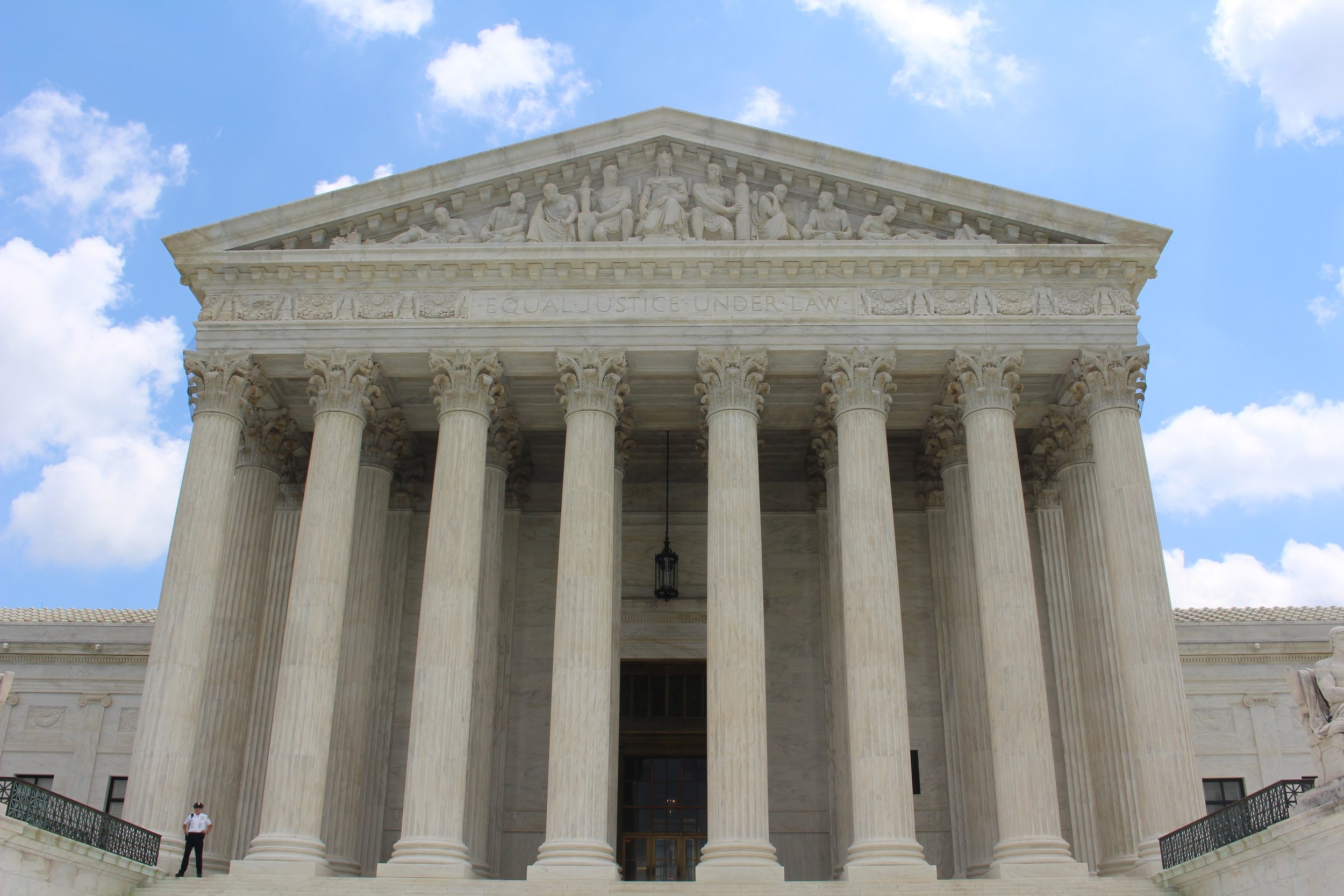Lawyer's Overview to Habeas Corpus: Shielding Your Freedom and Legal rights
Lawyer's Overview to Habeas Corpus: Shielding Your Freedom and Legal rights
Blog Article
Recognizing the Duty of a Post-Conviction Lawyer in Looking For Justice After a Criminal Sentence
In the facility landscape of post-conviction legal procedures, the function of a post-conviction attorney is critical in navigating the path to justice after a criminal conviction. Past the confines of a test, these legal experts engage in a complex method targeted at uncovering brand-new evidence, difficult legal mistakes, and supporting for their customers' legal rights. The details of post-conviction work call for a blend of lawful acumen, investigative skills, and tactical assuming to decipher the intricacies of a situation and pursue avenues that may have been ignored or underexplored. As the quest of justice extends past the boundaries of initial proceedings, the role of a post-conviction legal representative becomes a beacon of expect those looking for to rectify injustices and reclaim their rights within the legal system.
Post-Conviction Legal representative's Investigatory Job
Post-conviction attorneys participate in careful investigatory job to discover brand-new proof, step-by-step errors, or misbehavior that might possibly cause reversing a sentence. This investigatory phase is vital in the post-conviction procedure as it intends to recognize any ignored information or legal missteps that might have influenced the end result of the preliminary trial. Post-conviction attorneys delve right into instance data, witness testaments, and legal documents with a fine-tooth comb, looking for any discrepancies or abnormalities that can be premises for charm.
With extensive investigation, post-conviction attorneys intend to shed light on potential oppressions that may have happened during the initial test. By scrutinizing every facet of the lawful proceedings, post-conviction attorneys work tirelessly to discover any kind of variables that might have influenced the verdict.
Crafting Appeals and Petitions
In the pursuit of justice after a sentence, experienced lawyers thoroughly craft allures and requests to existing engaging disagreements for the reconsideration of legal decisions. Crafting appeals and requests calls for a deep understanding of the lawful system, attention to information, and critical reasoning. Post-conviction legal representatives examine trial documents, determine potential mistakes or infractions of civil liberties, and develop legal debates to test the sentence or sentence.
When crafting a charm, lawyers concentrate on highlighting lawful mistakes that may have impacted the result of the situation. They research situation regulation, laws, and legal criteria to support their debates. Requests, on the other hand, may involve presenting brand-new proof that was not readily available during the test or demonstrating changes in the legislation that necessitate an evaluation of the sentence.
Furthermore, post-conviction legal representatives should comply with strict step-by-step regulations and deadlines when filing appeals and applications. They must offer their arguments plainly and persuasively to convince the court to grant relief to their customers. With precise crafting of charms and requests, post-conviction legal representatives strive to secure justice for individuals that have actually been wrongfully convicted or unjustly punished.

Seeking Post-Conviction Relief
Seeking relief after a sentence calls for a calculated and persistent strategy by skilled lawyers. Post-conviction relief incorporates an array of legal systems developed to challenge the credibility of a conviction or sentence (louisiana federal habeas corpus attorneys). These avenues include filing movements for a new trial, seeking charms, seeking writs of habeas corpus, and offering recently uncovered evidence. Post-conviction legal representatives play an important role in browsing these complex treatments, making sure that all lawful options are checked out to fix injustices that might have happened during the test or sentencing stage.
One typical type of post-conviction relief is filing a request for post-conviction relief, commonly based on cases of inadequate assistance of counsel, prosecutorial misbehavior, recently found evidence, or constitutional infractions. These requests require a detailed evaluation of the test record, lawful research, and convincing campaigning for to encourage the court to provide relief. Experienced post-conviction legal representatives possess the skills and understanding required to identify feasible legal insurance claims, carry out examinations, and present compelling debates to secure relief for their clients. By vigilantly going after post-conviction relief, these lawyers strive to deal with losing the unborn babies of justice and support the concepts of justness and due process in the criminal justice system (Lawyer).
Making Use Of Forensic Proof
When testing a sentence or sentence, the strategic usage of forensic proof can be an effective tool in post-conviction lawful proceedings. Forensic evidence encompasses a broad variety of clinical strategies utilized to explore crimes and develop truths in court. Post-conviction attorneys can utilize forensic evidence to challenge the legitimacy of sentences by offering new scientific searchings for that were not available during the original trial.

Engaging in Sentence Adjustments
Post-conviction attorneys may explore the opportunity of sentence adjustments as a legal method to resolve disproportionate or unjust sentences passed on in criminal situations. Sentence modifications entail looking for modifications to the regards to an accused's sentence after a sentence has occurred. These adjustments can consist of lowering the size of a sentence, altering the kind of punishment enforced, or checking out different sentencing choices.
Post-conviction attorneys can seek sentence adjustments with different lawful mechanisms, such as filing activities for sentence reduction, appealing for caring release, or bargaining appeal deals for decreased sentences. They should meticulously review the conditions of the case, assess the legal grounds for seeking a modification, and existing compelling disagreements to the court supporting the demand for a modified sentence.
Involving in sentence adjustments requires a comprehensive understanding of criminal law, sentencing standards, and the specific treatments associated with seeking post-conviction alleviation. Post-conviction lawyers play a vital function in advocating for reasonable and simply results by tough sentences that are unduly severe or do not align with the principles of justice.
Conclusion
In conclusion, the function of a post-conviction legal representative is vital in looking for justice after a criminal sentence. With investigative work, crafting charms and requests, going after post-conviction alleviation, using forensic proof, and involving in sentence alterations, these attorneys play a crucial reference role in advocating for their customers and making sure that their legal rights are promoted within the criminal justice system. Their devotion and knowledge are necessary in navigating the complexities of post-conviction process and achieving a fair end result for individuals facing criminal sentences.
Report this page